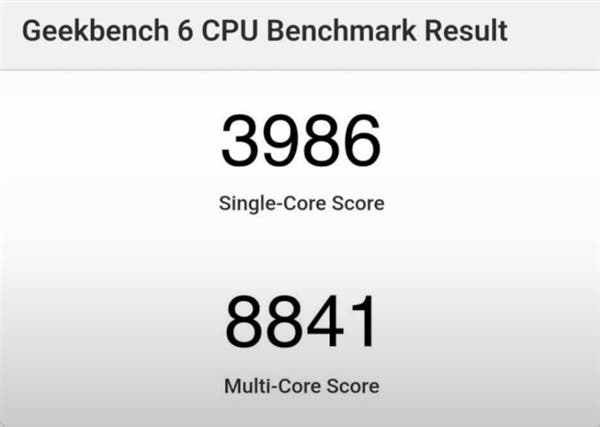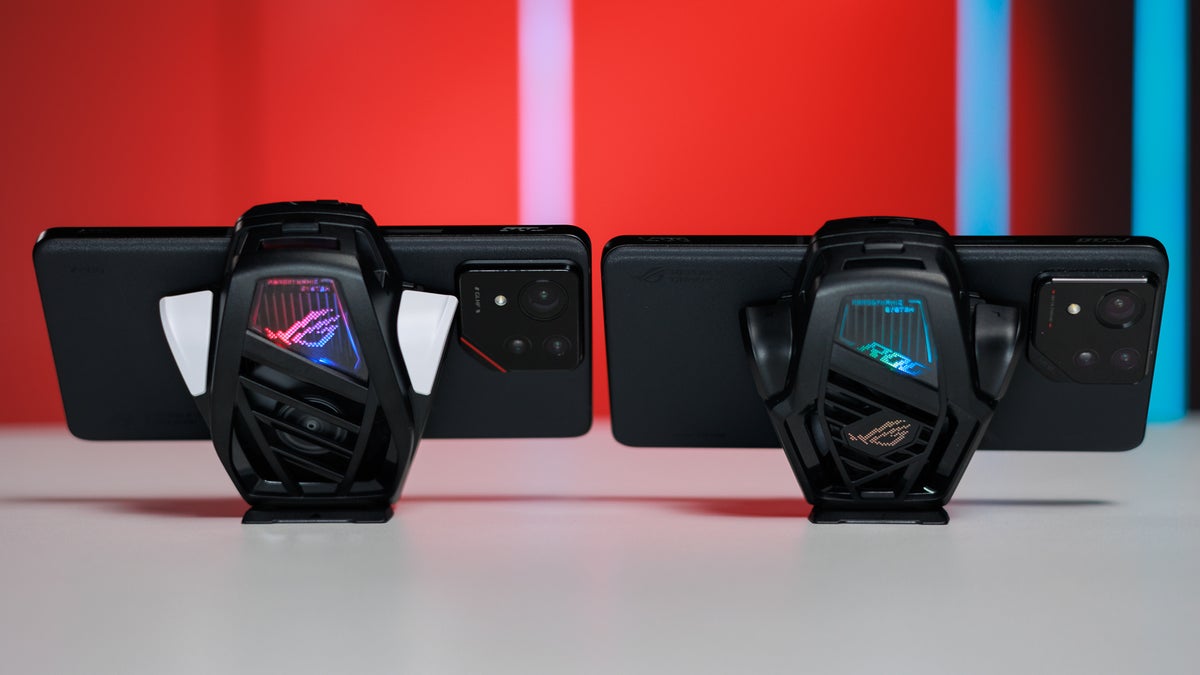Apple’s most recent devices have received a lot of criticism for compressing performance, with even their A-series CPUs not showing significant performance improvements. This has disappointed Apple fans and contributed to lower sales of the iPhone 14 compared to the iPhone 13. However, there is some good news as Max Tech, a well-known leaker, recently revealed the Apple A17 Bionic GeekBench 6 running scores. The leak shows that the device has an impressive single-core running score of 3986 points and a multi-core score of 8841 points.

The score obtained by the Apple A17 Bionic chip is a significant improvement, with a 60% increase in single-core performance and a 43% increase in multi-core performance compared to the A16 CPU. The claim is further reinforced by the fact that the current Macbook, equipped with the M2 chip, has a lower single-core score of 2604 and a multi-core score of 9751 on Geekbench 6. In essence, the single-core running score beats that of the M2 CPU, and the multi-core score is also very close.
Compared to the chips used by Android devices, the upgrade rate of the Apple A17 Bionic chip is remarkable. The Snapdragon 8 Gen 2 is the current top flagship chip in the Android market, with a single-core performance score of 1953 and a multi-core performance score of 5449 on GeekBench 6.
A17 Bionic outperforms SD8 Gen 2 by two-fold.
In comparison, the multi-core score of the A17 chip is 1.6 times higher than that of the top Android flagship, while its single-core running score is almost twice as high. This highlights the remarkable progress that the A17 chip has made.
For the past two years, the performance of iPhone chips has been subpar, which has impacted sales. However, based on the aforementioned data comparison, Apple has made a significant breakthrough this time with the A17 chip, after three consecutive years of hindered performance with the A14, A15, and A16 chips.
Apple’s primary objective in developing the A17 chip is to challenge the current misconception about the capabilities of mobile phone chips and increase iPhone sales.

The significant improvement in the Apple A17 Bionic chip’s performance may be attributed to the new 3nm process technology from TSMC, which has increased logic density by 70% and speed by 10-15%, while decreasing power usage by 25-30%.
If the information is accurate, the performance of the iPhone 15 Pro series could be impressive. Apple has outpaced Android brands and could be difficult to catch up to. Additionally, if the A17 Bionic CPU’s performance is true, the mobile phone market’s performance will double this year, making the iPhone 15 Pro series a highly sought-after upgrade option.












